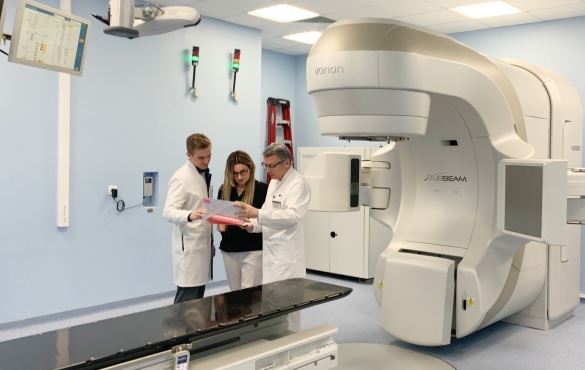Radiation therapy: world problems according to the IAEA

IAEA studies have found significant shortcomings in the provision of radiotherapy care - the treatment of cancer in children. The results showed that the existing gaps are global in scope. The study also identified ways to improve clinical practice.
Problems and solutions that emerged during the study
The International Atomic Energy Agency (IAEA) conducted a worldwide survey. The process looked at radiotherapy services for childhood cancer that are being used extensively in different parts of the world. As a result, it was found that in many countries access to equipment and qualified specialists is significantly limited. The uneven distribution of resources reduces the availability and effectiveness of treatment.
But methods, approaches in clinical practice have also been identified that will help increase the survival rate among children with oncology who live and are treated in countries with a low standard of living. Due to financial constraints, patients may not receive the full course of treatment or may not receive it regularly. This affects the productivity of treatment, the results and the survival rate after the procedures.
Existing difficulties in the treatment of cancer in children
Although cancers are rare in children, their treatment is one of the most difficult tasks. Statistics show that the fight against oncology in childhood ranks fourth in the severity of oncological disease after lung, breast and colon cancer, including due to:
- A large number of years of life that are lost in case of complications and death.
- WHO studies have shown that the fight against cancer in children is successful in those countries that have a high standard of living and income. More than 80% of babies recover completely. But financial restrictions reduce this figure to 20%.
- Secondary factors include malnutrition (malnutrition, poor quality food).
To address these challenges, the IAEA is helping countries improve radiotherapy treatment. For this, guidance, equipment, and staff training are provided. The IAEA is a member of the WHO-led Global Initiative. The goal of the program is to achieve recovery in 60% of children with cancer by 2030. Since 2014, 47 million euros have already been allocated to help develop and improve radiotherapy treatment services.
Thank you for the information provided by oncologist K+31 West Ishanov Damir Galimzhanovich.
